Description
1. Introduction
A corrosion coupon on pipeline is a simple, yet effective, tool used in the industrial sector to measure the rate of corrosion in various environments. It is a small, standardized piece of metal that is representative of the system’s materials, subjected to the same environmental conditions as the system it is monitoring. The coupon is periodically examined and weighed to determine the loss of material due to corrosion over a specific period, providing valuable data about the corrosive activity within the system.
Corrosion coupons are small, standardized metal pieces used to monitor and measure the rate of corrosion within pipelines across various industries. They are installed directly onto the pipeline system, exposed to the same conditions for a certain period, and then analyzed. The weight loss and physical changes observed on the coupons provide insights into the corrosiveness of the pipeline environment. This data is crucial in making informed decisions about pipeline maintenance, corrosion prevention strategies, and system integrity, thereby aiding in cost reduction and enhancing operational safety.
2. Importance of Monitoring Corrosion in Pipelines
The Potential Impact of Corrosion on Pipelines
Corrosion is a natural process that can significantly affect the integrity of pipelines. Over time, it can cause the pipeline material to deteriorate, leading to leaks, ruptures, or complete system failure. This can disrupt operations, requiring extensive repair or replacement of the affected sections. Furthermore, corrosion can reduce the pipeline’s efficiency by creating rough surfaces that impede the flow of materials.
Cost of Corrosion-Related Pipeline Failures
The financial implications of corrosion-related pipeline failures can be substantial. These costs include direct expenses related to repairing or replacing damaged pipelines and the indirect costs stemming from operational downtime, environmental cleanup, regulatory penalties, and potential legal liabilities. According to the U.S. Federal Highway Administration, the direct cost of metallic corrosion in the U.S. alone was approximately $276 billion per year as of 2002, a significant portion of which was attributed to pipeline corrosion.
Safety Risks Associated with Corrosion in Pipelines
Corrosion in pipelines also poses serious safety risks. A corroded pipeline can leak or burst, leading to the release of potentially hazardous materials into the environment. This can result in environmental contamination, fires, explosions, or other accidents that can endanger human lives and ecosystems. For pipelines carrying flammable or toxic substances, the safety risks are particularly high. Therefore, monitoring and managing corrosion is paramount in maintaining pipeline safety and preventing accidents.
3. Understanding Corrosion Coupons
How Corrosion Coupon on Pipeline Works
A Corrosion Coupon on Pipeline works on a straightforward principle: it is exposed to the same conditions as the pipeline and analyzed after a set period to measure corrosion. These small, standardized pieces of metal are installed directly onto the pipeline system, where they experience the same environmental stresses. After a specified time, these coupons are removed and inspected for weight loss and physical changes, such as pitting or general wear. The degree of change observed provides an estimate of the corrosive activity within the pipeline itself.
Types of Corrosion Coupons on Pipeline
There are several types of Corrosion Coupon on Pipeline, each designed to monitor different aspects of corrosion:
- Strip Coupons on Pipeline: These are the most common type. Their large surface area-to-volume ratio provides ample area for corrosion to occur, making them ideal for general corrosion rate determination.
- Cylindrical (or Rod) Coupons on Pipeline: These are used in systems with flow conditions, as their shape allows for the study of corrosion under these conditions.
- Disk or Flat Coupons on Pipeline: These are often used when there’s a need to study the effects of different materials or coatings under the same conditions.
Materials Used in Corrosion Coupon on Pipeline
Corrosion Coupon on Pipeline is made from the same materials as the pipelines they monitor, ensuring that they accurately represent the pipeline’s behavior under corrosive conditions. For instance, if a pipeline is made of carbon steel, the Corrosion Coupon on the Pipeline should also be made of carbon steel. This helps ensure that the corrosion rate measured on the coupon accurately reflects what is happening in the actual pipeline.
In summary, the Corrosion Coupon on Pipeline is a cost-effective and reliable tool for monitoring and measuring pipeline corrosion rates. It provides valuable data that can guide maintenance strategies, thereby helping to extend pipeline lifespans, reduce costs, and enhance safety.
4. Installation and Use of Corrosion Coupons in Pipelines
Process of Installing Corrosion Coupons on Pipeline
Corrosion Coupons on Pipeline are typically installed in a coupon holder, which is then inserted into a coupon rack that is mounted directly onto the pipeline. This process should be done carefully to ensure the coupon is correctly positioned and exposed to the same conditions as the pipeline. The coupon holder allows for the easy insertion and removal of the coupon without having to shut down the entire system.
Monitoring and Maintenance of Corrosion Coupons
Once installed, Corrosion Coupons on the Pipeline require periodic monitoring and maintenance. This usually involves visual inspections to check for signs of excessive corrosion or damage. Maintenance may include cleaning the coupon holder and the surrounding area to prevent any external factors from affecting the coupon’s exposure to the pipeline environment.
Retrieval of Corrosion Coupons for Analysis
The retrieval of Corrosion Coupons on Pipeline for analysis typically occurs after a predetermined exposure period, which can range from a few weeks to a year, depending on the expected corrosion rate and industry standards. This involves carefully removing the coupon from the holder and cleaning it to remove any corrosion products. The coupon is then weighed to determine the weight loss, which is used to calculate the corrosion rate. Additionally, the coupon may be inspected for signs of localized corrosion, such as pitting, which can provide further insights into the corrosive activity within the pipeline.
5. Advantages of Using Corrosion Coupons on Pipeline
Cost-Effectiveness of Corrosion Coupons on Pipeline
One of the primary advantages of using Corrosion Coupons on Pipeline is their cost-effectiveness. These devices are relatively inexpensive to produce and install compared to other corrosion monitoring techniques. They do not require complex technology or costly equipment, making them an affordable solution for regular monitoring of pipeline health. Furthermore, by providing early detection of corrosion, they can help prevent costly pipeline failures and extend the life of the infrastructure, leading to significant long-term savings.
Extending the Lifespan of Pipelines
Corrosion Coupons on Pipeline can play a crucial role in extending the lifespan of pipelines. By providing accurate data on the rate and type of corrosion occurring within the pipeline, they allow for proactive maintenance and corrosion management. This means that corrective actions, such as the application of corrosion inhibitors or the replacement of pipeline sections, can be taken before significant damage occurs. Consequently, the overall lifespan of the pipeline can be extended, optimizing the return on investment.
Improving Pipeline Safety
The use of Corrosion Coupons on Pipeline also contributes significantly to pipeline safety. They provide early warning signs of increased corrosion activity, which can lead to pipeline leaks or ruptures if left unchecked. By identifying these risks early, appropriate measures can be taken to prevent failures, enhancing the safety of the pipeline system. It also minimizes the risk of environmental contamination and other safety hazards associated with pipeline leaks or failures. Thus, Corrosion Coupons on pipelines play a crucial role in maintaining the operational safety of pipelines, protecting both people and the environment.
6. Challenges
Despite the many advantages, there are some challenges associated with the use of Corrosion Coupons on Pipeline. Here are a few: Installation: The installation process requires careful placement and alignment of the coupons to ensure they are exposed to the same conditions as the pipeline. Incorrect installation could lead to inaccurate corrosion rate measurements. It also requires the pipeline to be isolated, which can disrupt normal operations. Retrieval: Retrieving coupons for analysis involves partial or complete system shutdown, which might not be feasible in certain high-pressure or continuously operating systems. Also, there’s a risk of damaging the coupon during retrieval, which could compromise the analysis. Analysis: Analyzing the retrieved coupons requires careful cleaning and weighing to determine the extent of corrosion. Any mishandling during this process can lead to inaccurate results. Additionally, the results are typically an average corrosion rate over the exposure period, which might not capture short-term fluctuations or localized corrosion. Representativeness: Another challenge is ensuring that the corrosion coupons accurately represent conditions throughout the entire pipeline system. Corrosion can be influenced by a range of local factors, so a coupon in one location might not accurately represent corrosion activity elsewhere in the system. Time delay: Since corrosion coupons provide a time-averaged measure of corrosion, they might not detect rapid changes in corrosion rates. This could delay the detection of sudden increases in corrosion activity.
7. Conclusion
Corrosion Coupons on Pipeline play a critical role in the maintenance and management of pipeline infrastructure. Their cost-effective nature and practicality make them a popular choice for monitoring corrosion rates. By providing an early alert to increasing corrosion activity, these devices enable timely and proactive maintenance, thus extending the lifespan of pipelines and contributing to significant long-term savings.
Despite some challenges in their installation, retrieval, and analysis, their benefits far outweigh the drawbacks. The insights they provide into the corrosive activity within the pipeline are invaluable in preventing pipeline failures, enhancing operational safety, and reducing environmental risks associated with leaks or ruptures.
In essence, Corrosion Coupons on Pipeline are a fundamental tool in the toolbox of pipeline management. They provide vital data that helps to ensure the reliability, safety, and efficiency of pipeline systems, thereby playing a crucial role in energy delivery, environmental protection, and economic efficiency. Proper use and understanding of these devices are therefore paramount for effective pipeline corrosion management.

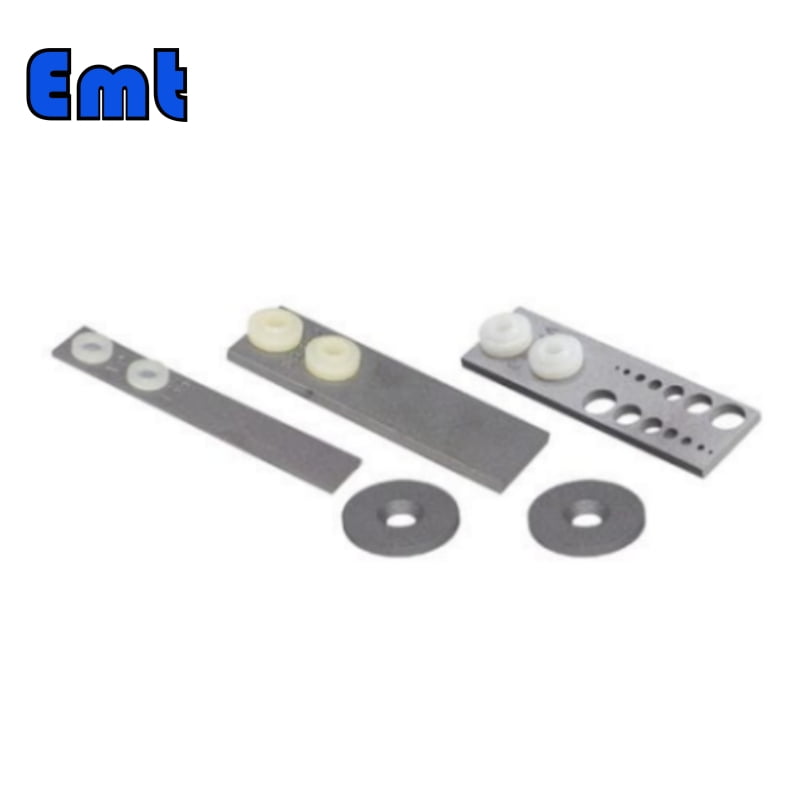
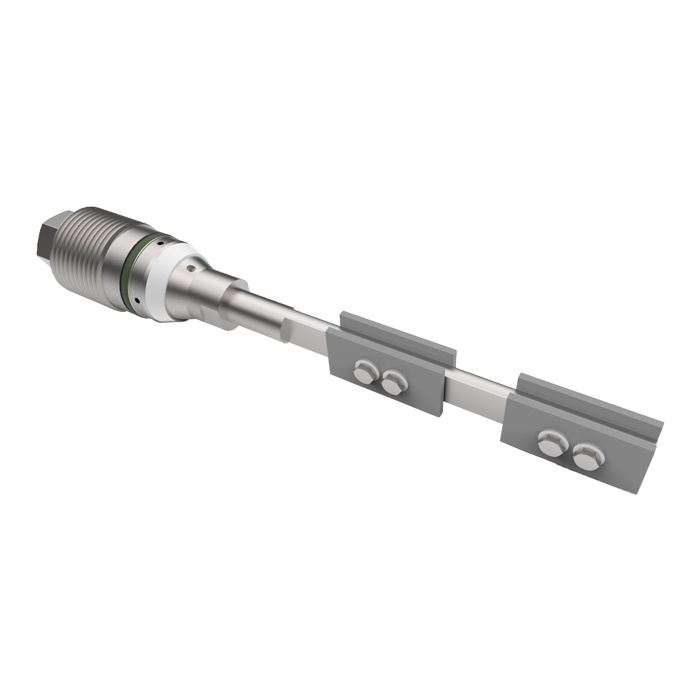
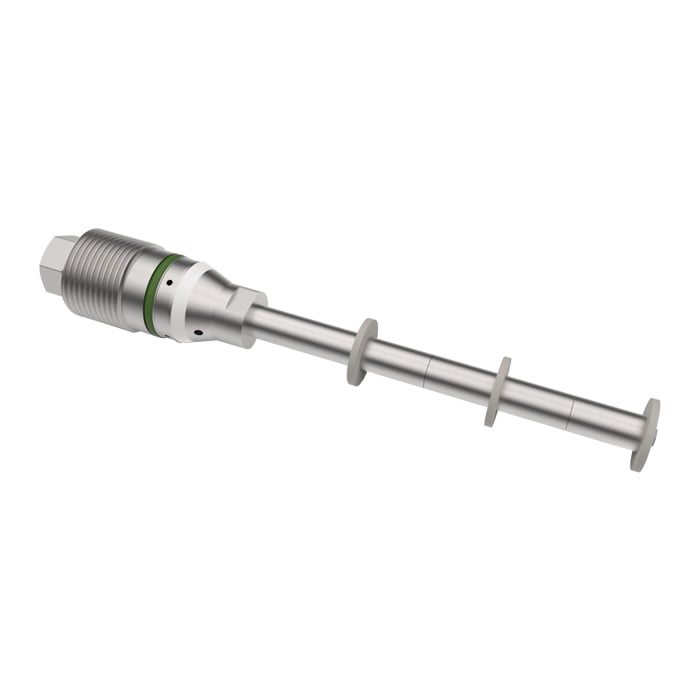
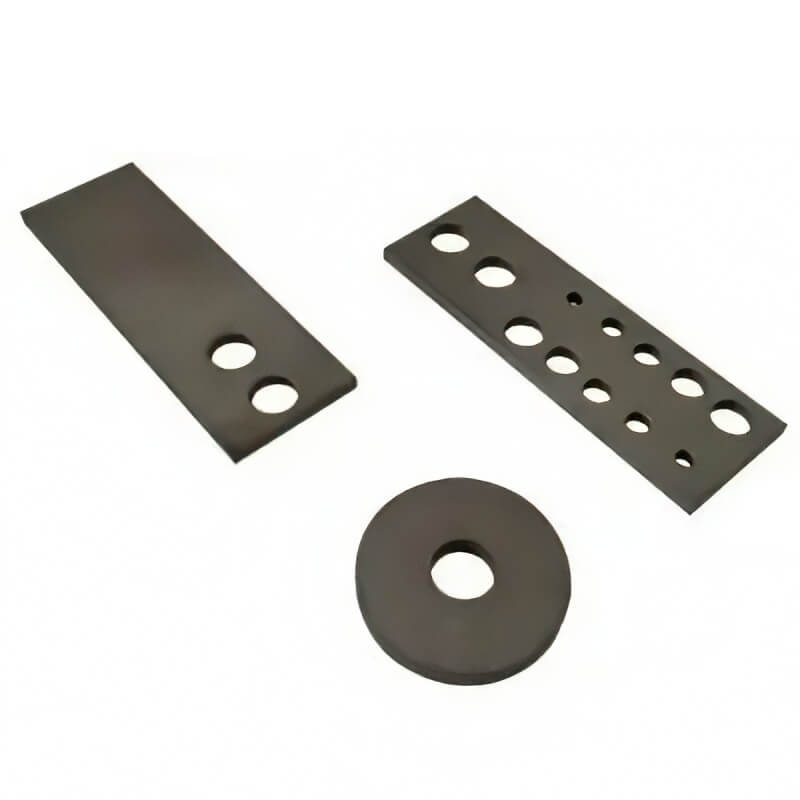
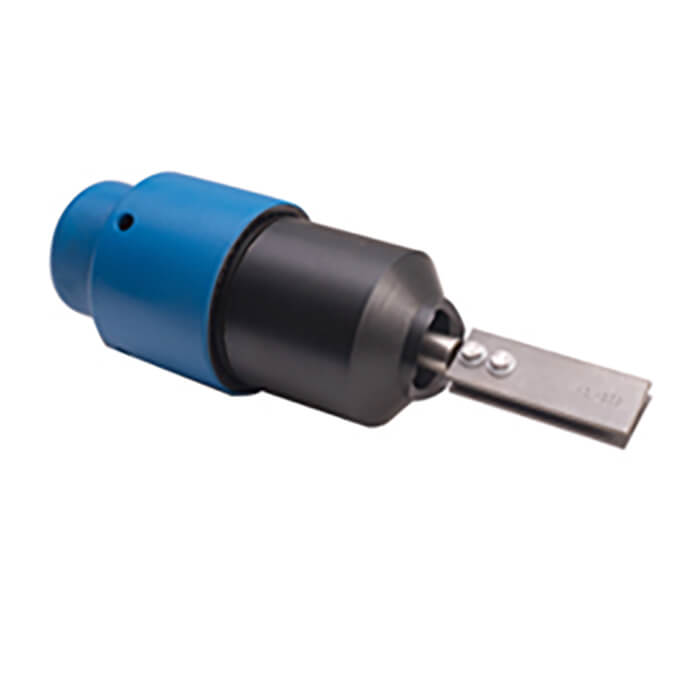
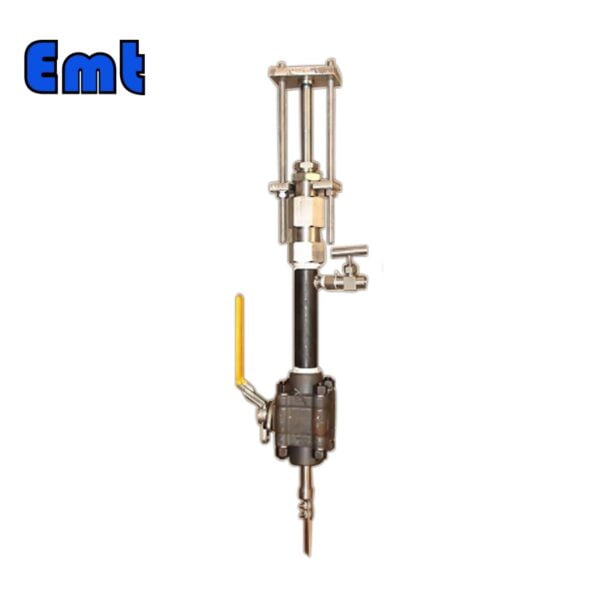
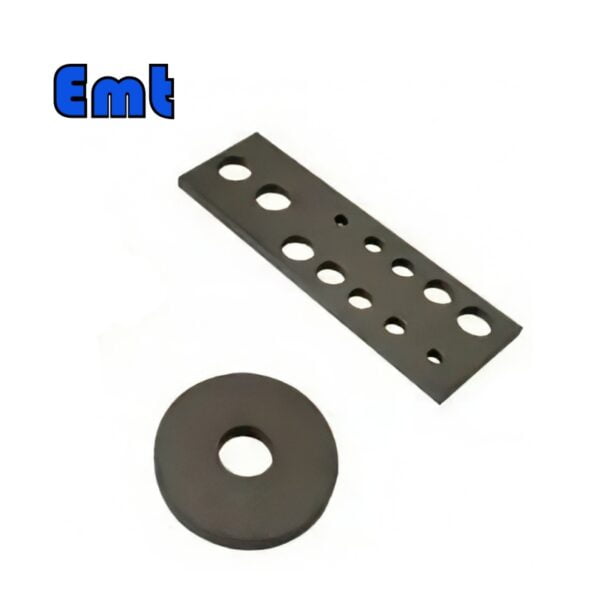
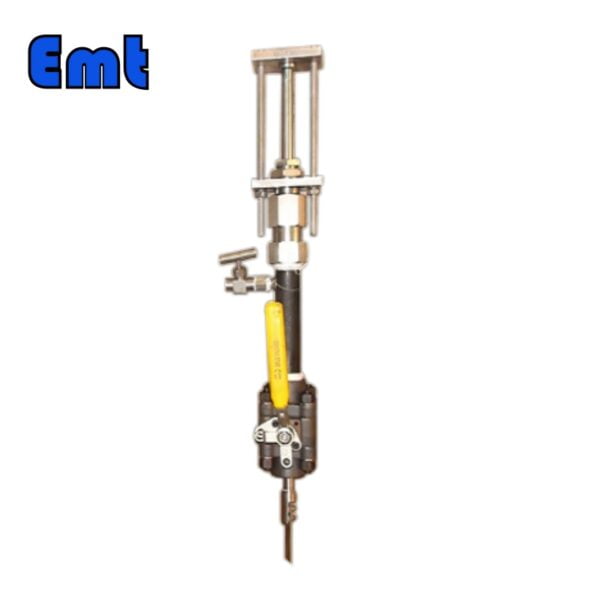
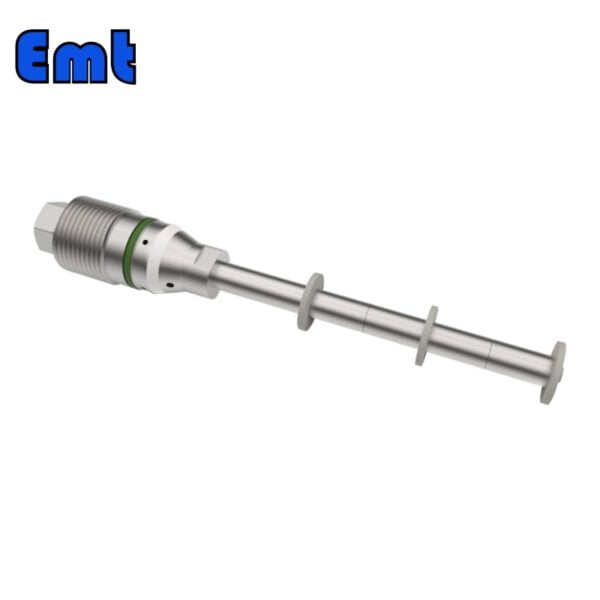
Reviews
There are no reviews yet.